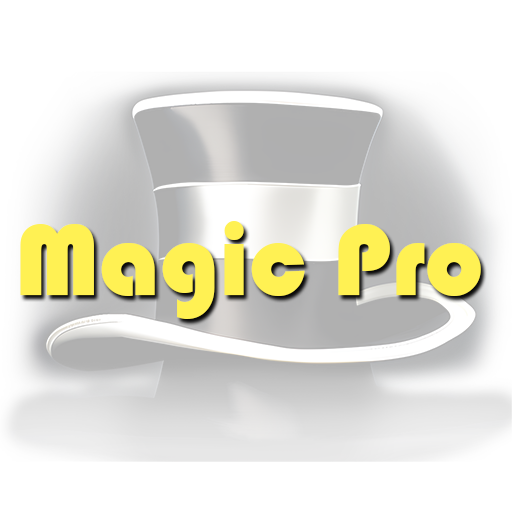Magic as a Political Tool: History and Examples
Throughout history, magic has been more than just a source of entertainment; it has also been used as a potent political tool. This article explores instances where magic and illusion have played significant roles in political spheres, influencing public opinion, and even the course of history.
Magic in Ancient Political Arenas
In ancient civilizations, magicians often served as advisors to kings and rulers, using their skills to impress or intimidate political rivals. Egyptian Pharaohs and Roman Emperors employed magicians to demonstrate their supposed divine power and control over the supernatural, thereby solidifying their political authority.
Magic in Medieval and Renaissance Politics
During the Medieval and Renaissance periods, magic was used to sway public opinion and assert political influence. Court magicians would perform feats that symbolized their ruler's power or used their art to spread propaganda. An example is the use of alchemical demonstrations to suggest the monarch's ability to generate wealth or influence natural elements.
Modern Political Magic
In modern times, magicians have used their art to comment on political issues or influence public perception. Harry Houdini, for example, used his escapes as metaphors for freedom, subtly commenting on political oppression. More recently, magicians have employed their craft to satirize political figures or highlight social issues, using the universal appeal of magic to convey powerful messages.

Magic's role as a political tool underscores its power to captivate and influence. From ancient courts to modern stages, magic has been a unique and powerful medium for political expression and influence.

